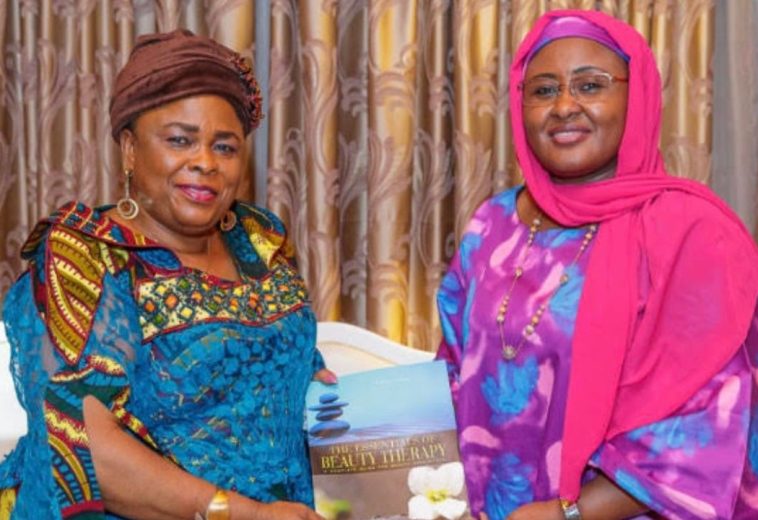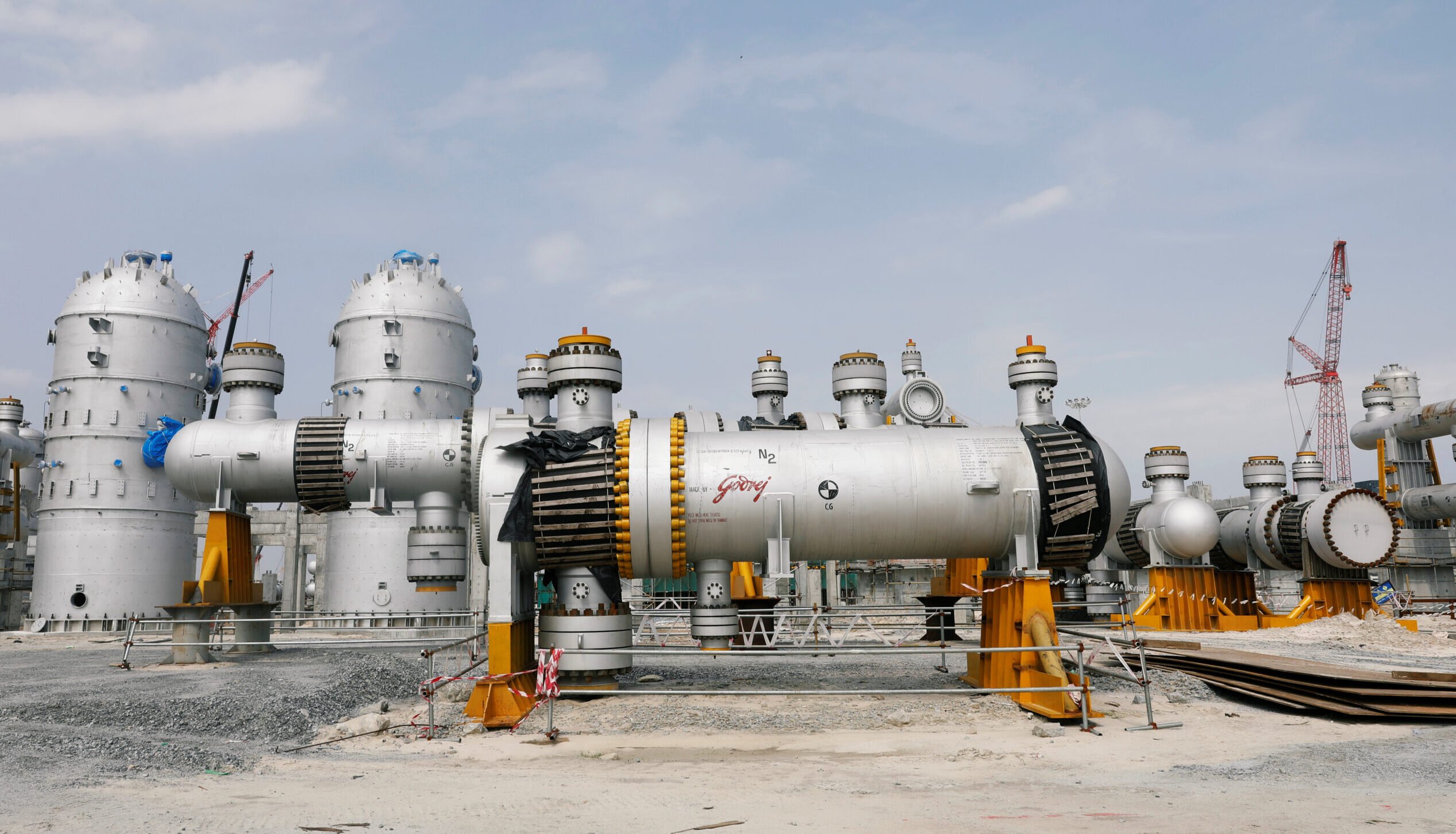The adoption of social media in Africa has surged in the past decade, driven by the proliferation of smartphones and improved internet accessibility. Platforms like Facebook, Twitter, WhatsApp, and Instagram have become ubiquitous, providing a digital space where citizens can engage with issues, express their opinions, and connect with like-minded individuals. The transformation in Africa’s media during election campaigns is driven by the widespread use of smartphones and the growing adoption of mobile internet. Even in the continent’s economically challenged nations, the prevalence of mobile phones has led to the pervasive use of social media platforms. These platforms now play a pivotal role in the communication strategies of political entities across Africa, influencing the creation, dissemination, and consumption of political content.
Political figures often regard social media as a threat due to its potential to grant the public greater access to information and mobilize challenges to leadership. Some argue that digital platforms creatively enhance political participation, while others, like researchers, reveal how social media can reinforce existing power structures and dominant narratives.
In 2019, Chad placed a 16-month social media ban; one of the longest social media restrictions observed in any African country. The government justified the prolonged ban, citing security concerns. This situation in Chad was to address the growing perception of social media as a threat, particularly among authoritarian leaders. Since the start of 2019, at least nine other African countries including Nigeria have witnessed government-imposed internet shutdowns.
A study by Jean-Benoît Falisse and Hugues Nkengurutse in Burundi reveals that public political discussions on Facebook and Twitter are predominantly led by a small number of elites, excluding ordinary citizens. Africa has witnessed the world’s highest internet penetration growth rates in recent years, suggesting an increasing role for social media in politics and security on the continent. Government efforts to restrict social media often coincide with elections or instability, as seen in Ethiopia’s internet shutdown following the coup attempt in June 2019.
Political parties in Africa invest substantial resources in hiring consultancy firms specializing in digital campaigning and social media content manipulation. An illustrative example is President Uhuru Kenyatta’s engagement with the international consultancy firm Cambridge Analytica before the 2013 Kenyan elections, a move that triggered global controversy and ultimately led to CA’s downfall. Some countries, such as Tanzania, have taken sustained measures to limit digital platforms. Tanzania’s Cybercrimes Act prohibits the dissemination of false information, with individuals facing heavy consequences for criticizing the government on social media.
The blurred boundaries between public and private on social media can disrupt political communication in the country, challenging the legitimacy of state actors. Tensions between traditional and modern forms of communication are evident in online clashes over appropriate content, moral values, and perceived threats to national security. This reflects the ongoing conflicts between global media technology giants and local users and regulators on the continent.
Social media has empowered citizens by providing a platform for free expression and the exchange of ideas. It has enabled individuals to voice their concerns, share information, and mobilize for various causes. It has been a vital tool for disseminating information about local politics. Citizens can access news, updates, and political analyses in real time, leading to heightened political awareness and informed decision-making.
Activists and grassroots movements leverage social media to mobilize support, organize protests, and raise awareness about social and political issues. This has contributed to the emergence of dynamic civil societies across the continent. However, the rapid dissemination of information on social media can spread misinformation and fake news. In the context of local politics, false narratives can be damaging, contributing to public distrust and confusion.
Social media platforms can exacerbate existing political divisions, fostering polarization and the spread of online hate speech. This can have real-world consequences, impacting social cohesion and political stability. Local political juntas may exploit social media for manipulation and propaganda. Additionally, the rise of cyber threats, such as hacking and disinformation campaigns, challenges the integrity of political processes. The use of social media in Nigeria’s elections demonstrated both positive engagement and concerns, with instances of misinformation and the spread of divisive content.


